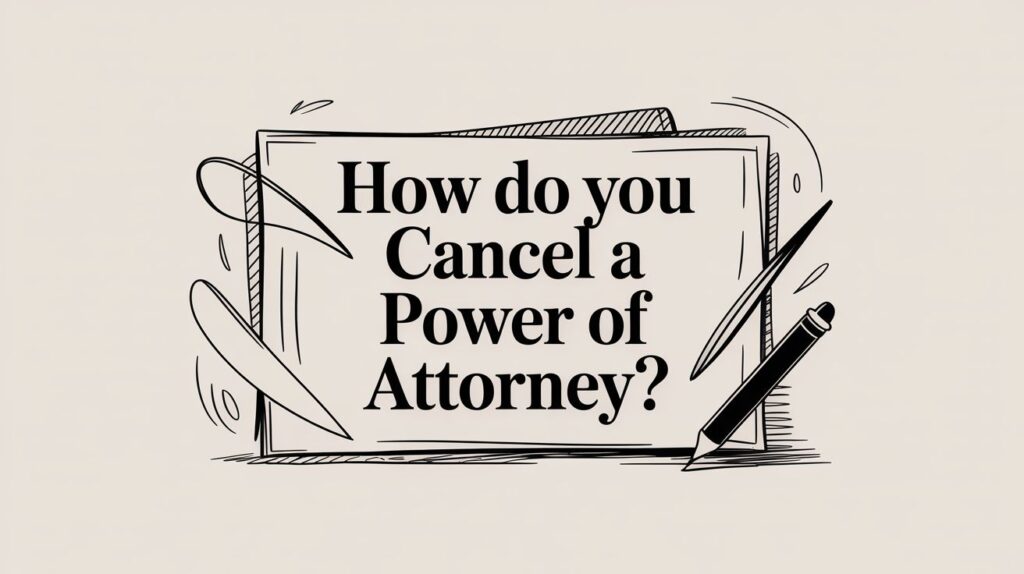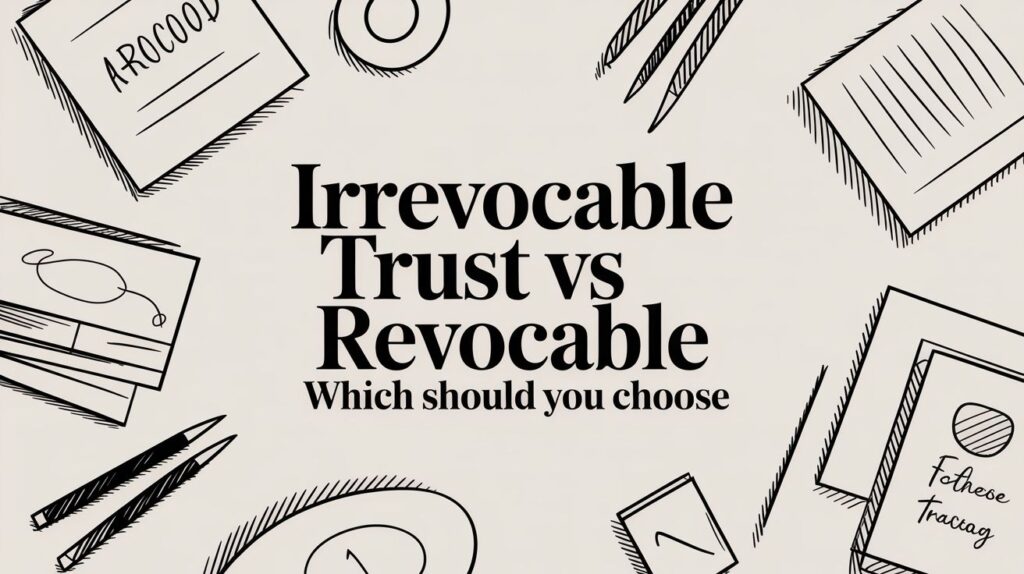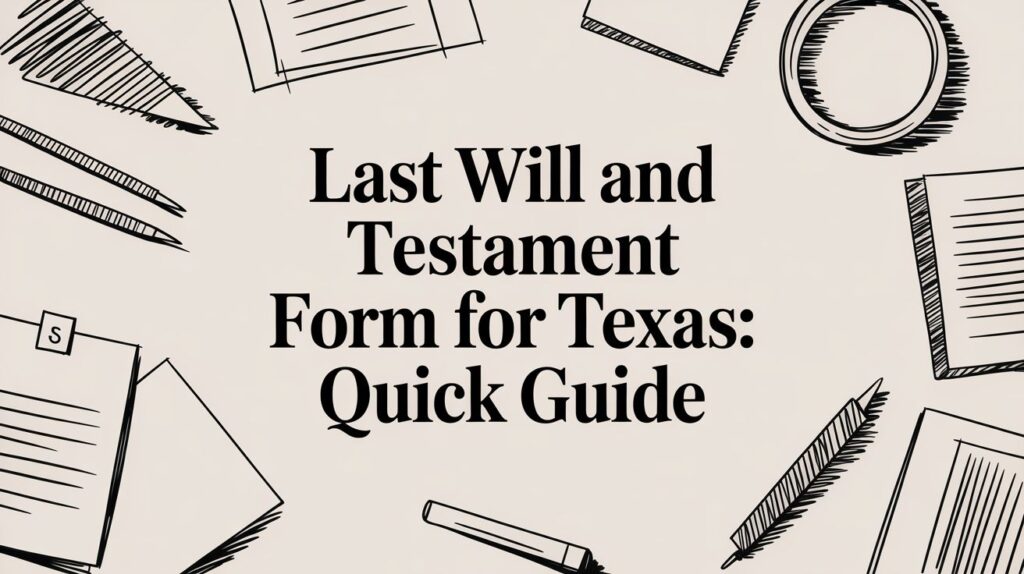Frequently Asked Questions
None - No questions provided for evaluation?
No questions have been provided for evaluation, indicating that there are currently no specific inquiries regarding the services offered by the Law Office of Bryan Fagan. For personalized assistance, consider reaching out directly to discuss your probate and estate planning needs.
What are the benefits of asset protection?
The benefits of asset protection include safeguarding your wealth from creditors, minimizing tax liabilities, and ensuring your assets are preserved for future generations. This strategic planning helps maintain financial security and peace of mind.
How can I protect my assets legally?
Protecting your assets legally involves creating a comprehensive estate plan that may include wills, trusts, and other legal instruments. Consulting with an attorney can help ensure your assets are safeguarded from potential claims and distributed according to your wishes.
What is the role of an asset protection lawyer?
The role of an asset protection lawyer is to help individuals safeguard their assets from potential legal claims, creditors, and other financial risks through strategic planning and legal strategies tailored to their specific needs.
When should I hire an asset protection attorney?
The right time to hire an asset protection attorney is when you want to safeguard your assets from potential creditors, lawsuits, or financial risks. Engaging an attorney early can help you create a robust protection strategy tailored to your needs.
What strategies do asset protection lawyers use?
The strategies that asset protection lawyers use include establishing trusts, creating limited liability entities, and utilizing insurance policies to safeguard clients' assets from potential creditors and legal claims.
How does asset protection work in Bexar County?
Asset protection in Bexar County involves legal strategies to safeguard an individual's assets from potential claims or creditors. This can include the establishment of trusts, limited liability entities, and other legal instruments to ensure that your wealth remains secure.
What are common asset protection methods?
Common asset protection methods include establishing trusts, creating limited liability companies (LLCs), and utilizing homestead exemptions to safeguard personal property from creditors and legal claims. These strategies help secure your assets effectively.
How can trusts aid in asset protection?
Trusts can significantly aid in asset protection by separating ownership from control, thereby shielding assets from creditors and legal claims. This strategic arrangement helps ensure that your assets are safeguarded for your beneficiaries' future.
What is the cost of hiring an attorney?
The cost of hiring an attorney varies based on factors such as the attorney's experience, the complexity of your case, and the billing structure. Typically, attorneys may charge hourly rates, flat fees, or retainers, so it's essential to discuss costs upfront.
What should I look for in a lawyer?
What to look for in a lawyer includes their expertise in your specific legal issue, strong communication skills, a proven track record, and a commitment to client support. It's essential to choose someone who understands your needs and can guide you effectively.
How can I ensure my estate is protected?
To ensure your estate is protected, it is essential to create a comprehensive estate plan that includes a will, trusts, and appropriate beneficiary designations, while also consulting with an experienced attorney to address specific legal needs and potential tax implications.
What are the risks of not having asset protection?
The risks of not having asset protection include potential loss of personal and business assets due to lawsuits, creditor claims, or unexpected financial liabilities, which can jeopardize your financial stability and legacy.
How do I choose the right attorney?
Choosing the right attorney involves assessing their experience, expertise in your specific legal matter, and their communication style. It's essential to schedule consultations to gauge their approach and ensure they align with your needs and expectations.
What is the process for asset protection planning?
The process for asset protection planning involves assessing your assets, identifying potential risks, and implementing strategies such as trusts or legal structures to safeguard those assets from creditors and legal claims.
Can asset protection lawyers help with probate?
Asset protection lawyers can assist with probate by ensuring that your estate is structured to minimize taxes and protect assets from creditors. Their expertise can help streamline the probate process and safeguard your beneficiaries' inheritance.
What documents are needed for asset protection?
The documents needed for asset protection include a comprehensive list of your assets, liability insurance policies, estate planning documents (like wills and trusts), and any relevant agreements or contracts that may impact your assets.
How can I safeguard my business assets?
Safeguarding your business assets involves implementing strategies such as creating a solid legal structure, obtaining appropriate insurance, and regularly reviewing contracts. Additionally, maintaining accurate financial records and conducting risk assessments can further protect your assets.
What are the legal requirements for asset protection?
The legal requirements for asset protection involve establishing legal entities, such as trusts or LLCs, and adhering to state laws regarding asset segregation and transparency. Proper documentation and compliance are essential to ensure the effectiveness of these protections.
How does estate planning relate to asset protection?
Estate planning is closely related to asset protection as it involves strategies to safeguard your assets from potential creditors and legal claims. By establishing trusts and other legal structures, you can effectively shield your wealth for future generations.
What are the consequences of poor asset protection?
The consequences of poor asset protection can be severe, leading to potential loss of assets, increased vulnerability to creditors, and difficulties in estate planning. This can ultimately jeopardize your financial security and the well-being of your beneficiaries.
How can I protect my inheritance?
Protecting your inheritance involves taking proactive steps such as creating a trust, updating your estate plan, and consulting with a probate attorney to ensure your assets are safeguarded from creditors and potential disputes.
What is the difference between wills and trusts?
The difference between wills and trusts is that wills dictate how your assets are distributed after your death, while trusts can manage and distribute assets during your lifetime and after death, often avoiding probate.
How can I avoid probate with asset protection?
Avoiding probate with asset protection involves strategies such as establishing living trusts, utilizing joint ownership, and designating beneficiaries for accounts. These methods help ensure your assets are transferred directly to heirs, bypassing the probate process.
What are the tax implications of asset protection?
The tax implications of asset protection are significant. Properly structured asset protection strategies can help minimize tax liabilities, but they may also trigger tax consequences if not executed correctly, necessitating careful planning and consultation with a tax professional.
How can I protect my assets from creditors?
Protecting your assets from creditors involves utilizing legal strategies such as establishing trusts, incorporating your business, or purchasing insurance. Consulting with an experienced attorney can help you navigate these options effectively.
What is the importance of legal advice in asset protection?
The importance of legal advice in asset protection lies in its ability to help individuals safeguard their assets from potential risks and liabilities. Expert legal guidance ensures that protective measures are tailored to specific situations, enhancing security and compliance with laws.
How often should I review my asset protection plan?
The frequency of reviewing your asset protection plan is crucial. It is recommended to review your plan annually or whenever significant life changes occur, such as marriage, divorce, or the acquisition of new assets, to ensure it remains effective and relevant.
What are the signs I need asset protection?
The signs that you need asset protection include having significant personal or business assets, facing potential lawsuits, or experiencing financial uncertainty. If you identify with these factors, it may be time to consider safeguarding your assets.
How can I transfer assets to protect them?
Transferring assets to protect them involves strategies such as establishing trusts, gifting assets, or utilizing joint ownership. Consulting with a probate attorney can help you determine the best method tailored to your specific situation and goals.











